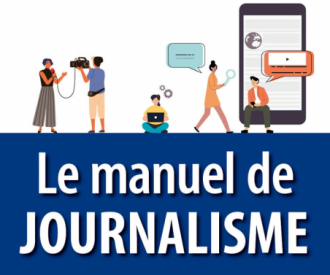The Project
PANDORIX – Horizon of a Future Health Crisis: Brussels Population and Health Promotion, is a prospective research funded by Innoviris for 3 years, aiming to draw conclusions from the current health crisis in order to anticipate future health crises.
The research will be carried out jointly by the Research Group on Public Health and Ageing Psychology (IPSY), the Research Observatory on Media and Journalism (ILC) and the Research Centre for Disaster Epidemiology (IRSS), all three members of UCLouvain.
It combines expertise in public health by associating health psychology, disaster epidemiology, and the sociology of the media and communication in order to implement research on the possibilities for action by actors and groups in the Brussels-Capital Region, in line with the philosophy of health promotion.
A participatory prospective research
The crises linked to the SARS-CoV-2 coronavirus can be an opportunity to better prepare for similar episodes. Experts predict “more frequent, more deadly and more costly” pandemics if nothing is done about risk reduction. Risk reduction takes time and a lot of consultation. Therefore, thinking about protective factors is a relevant strategy in the meantime, especially from the perspective of health behaviours. During Covid-19, it was not so much a lack of knowledge of the measures to be adopted as its communication and ‘translation’ into health behaviour by the population that generated differences in the populations. The PANDORIX research aims to answer the question: What are the future conditions conducive to adapted/adequate/protective behaviour in the event of a pandemic in the Brussels Region? It looks back at the present crisis to draw lessons from it and then to consider all the possible and desirable futures in order to identify markers towards these futures. To do this, it proposes a forecast and participative approach. It uses a variety of methodologies, including qualitative and quantitative methods, to encourage the emulation of working groups and the emergence of collective intelligence.
The participants
Pandorix brings together three types of actors: citizens, field experts and researchers. As far as the citizens are concerned, the research will focus on the “resident” adult population of the Brussels-Capital Region. Particular attention will be paid to vulnerable groups or those who have little access to the information disseminated by the traditional media, and who are often left out of the development of health programmes (young people, workers, the elderly, migrants, the homeless, contact professionals, sex workers, expatriates, etc.). The specific nature of these groups means that the schemes, which are often designed for the general public, marginalise them. However, at the beginning of the pandemic, The Lancet (2020) invited us to take an interest in the members of society who are vulnerable, so as not to further accentuate health inequalities.
More info: https://www.pandorix.be/





